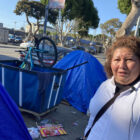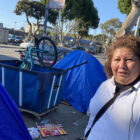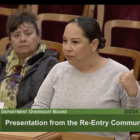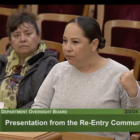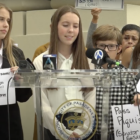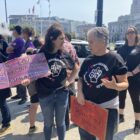Health
Las Muertes por Sobredosis entre los Mayas en San Francisco Muestran la Necesidad Urgente de un Tratamiento Culturalmente Sensible
Desde el comienzo de la pandemia del COVID-19, los mayas de San Francisco han estado muriendo por sobredosis de drogas a tasas elevadas. Los expertos dicen que se necesitan servicios de salud más capacitados, y los proveedores deben ser culturalmente competentes y capaces de comunicarse de manera efectiva con estos residentes, que no pueden hablar con fluidez inglés o español.
